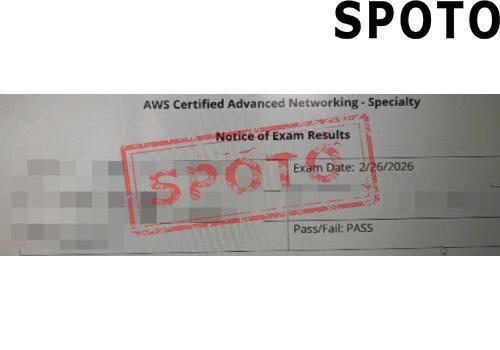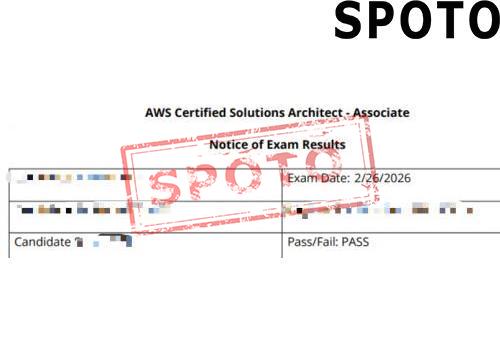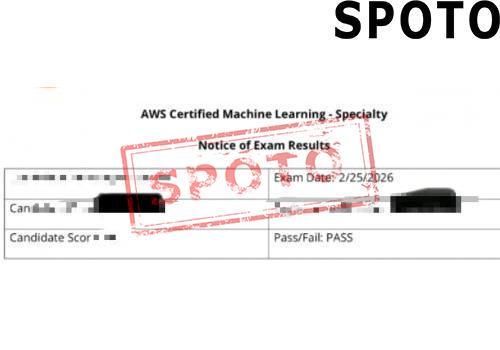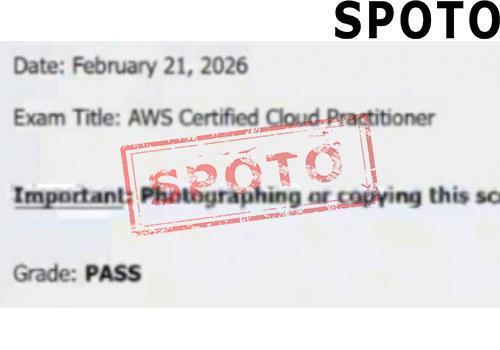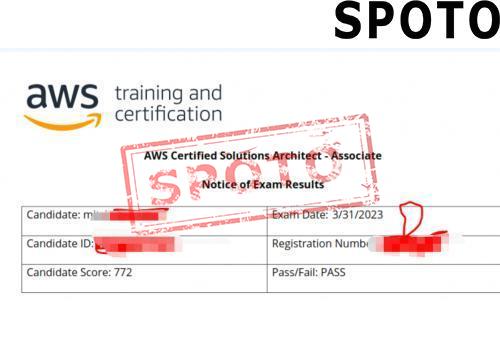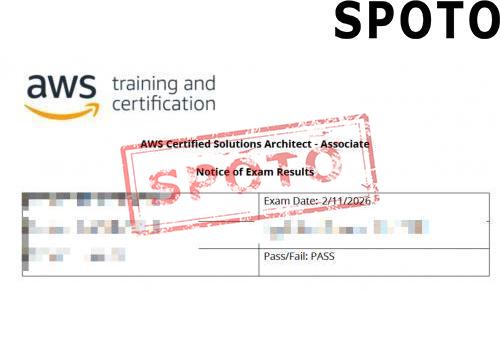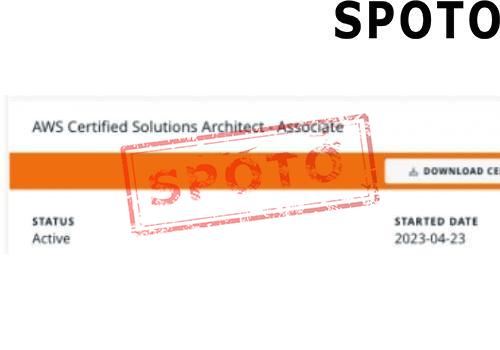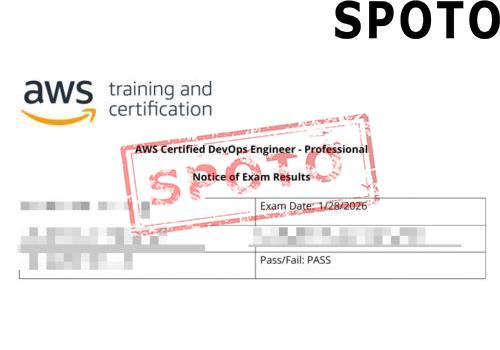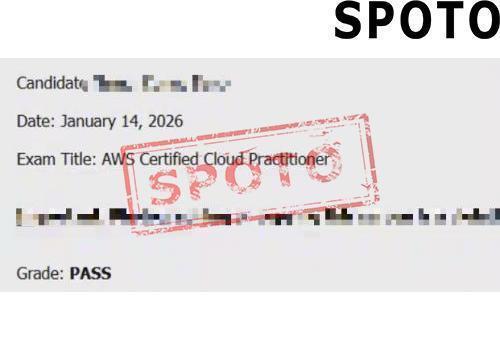
Table of Contents
- In-depth analysis and overview of Cloud certification
- Comparison of certifications based on difficulty, cost, prerequisites, and job opportunities
- Potential career paths and salary ranges for cloud professionals with certifications
- Tips and resources for preparing and taking certification exams
- Future trends and developments in the cloud industry and how certifications can keep professionals up-to-date and competitive
Cloud computing, which uses the internet to store data and services, is booming. Increased internet access, lower cloud costs, new technology, and the pandemic-driven digitization of numerous services have all accelerated the adoption of cloud technology.
This proves that cloud computing technology has a bright future. There are various cloud certifications that enable you to easily acquire a job in the market. According to Coursera and Testprep training, the top cloud certifications for beginners are AWS-certified cloud practitioners and Microsoft-certified Azure fundamentals. Whereas for an expert, an AWS-certified solution architect and a Google associate cloud engineer with ComTIA cloud+ are the best suitable options.
In-depth analysis and overview of Cloud certification
Cloud computing's most renowned certificate is the AWS Certified Solutions Architect. This comprehensive certification proves proficiency in developing and delivering scalable, secure, and fault-tolerant systems using Amazon Web Services (AWS). Employers and AWS professionals value it.
Similarly, the Microsoft Certified: Azure Solutions Architect certification is a complete credential that proves expertise in building and implementing solutions on the Microsoft Azure cloud platform. It validates skills in architecting safe, scalable, and dependable Azure solutions, making it highly appreciated by cloud computing employers and professionals.
CompTIA Cloud+ is a certification that certifies the abilities necessary to develop, manage, and secure cloud infrastructures. It also provides a complete grasp of cloud technologies.
Professionals who are looking for a cloud computing credential that is not tied to a certain vendor will find this certification suitable because it covers a variety of cloud platforms and services.
Comparison of certifications based on difficulty, cost, prerequisites, and job opportunities
AWS Certified Solutions Architect, Microsoft Certified: Azure Solutions Architect, and CompTIA Cloud+ credentials differ in complexity, cost, prerequisites, and employment prospects. AWS and Microsoft Certified: Azure Solutions Architect credentials are harder. They must understand cloud architecture, implementation, and management. CompTIA Cloud+, a core cloud certification, is easier.
AWS and Microsoft certifications cost more. Microsoft Certified: Azure Solutions Architect requires two examinations, while AWS Certified Solutions Architect requires numerous exams with different costs. CompTIA Cloud+ is cheaper for newcomers. Whereas AWS and Microsoft certifications require prior knowledge and expertise. AWS certification requires one year of AWS service experience, while Microsoft certification requires Azure management and implementation experience. CompTIA Cloud+ is suited for beginners and cloud newbies because it has no official prerequisites.
All three qualifications improve cloud computing job prospects. Cloud architect, consultant, and engineer jobs are available with AWS and Azure certifications. CompTIA Cloud+ helps entry-level workers and others who need vendor-neutral cloud certification comprehend cloud technology. Certification depends on an individual's goals, experience, and cloud platform preferences. To choose a certification that matches your career goals, examine the job market and industry trends.
Potential career paths and salary ranges for cloud professionals with certifications
Cloud computing has transformed IT, increasing demand for qualified cloud specialists. Cloud certifications help build knowledge and expand employment options. Cloud specialists with qualifications can pursue these careers and salaries. However, organizational cloud architects create and deploy cloud solutions. They build scalable, secure, and efficient cloud infrastructures. Cloud architects can make $120,000 to $180,000 with qualifications like AWS Certified Solutions Architect or Microsoft Certified: Azure Solutions Architect.
Cloud engineers design and maintain cloud environments. They deploy apps, manage storage, and optimize cloud platforms. Cloud engineers earn $90,000 to $140,000 with AWS Certified Developer or Google Cloud Certified - Professional Cloud Developer certifications. Cloud Security Specialist Organizations value data security, so cloud security specialists are in demand. They design, execute, and assess security, risk, and industry standards. Careers with $100,000 to $150,000 salaries are possible with CCSP or CCSS certifications.
Cloud consultants advise companies on cloud adoption and optimization. They evaluate business needs, recommend cloud solutions, and help migrate and integrate. Cloud consultants earn $80,000 to $120,000 with CompTIA Cloud+ or AWS Certified Cloud Practitioner certifications. Experience, location, and firm size affect compensation. Cloud specialists with proper qualifications should expect great job possibilities and growth in this dynamic area as demand grows.
Tips and resources for preparing and taking certification exams
Cloud certification tests require structure and reliable resources. Tips and tools to help you pass cloud certification exams:
- For Study materials, you can use AWS or Microsoft certification vendor study materials. These guides list exam objectives and suggest study materials.
- Practicing examinations helps you test your knowledge and comprehend exam patterns. Official practice examinations from many certification suppliers simulate the real exam. Websites like SPOTO offer exact exam dumps to help you succeed.
- It is recommended that you read certification vendor white papers and documentation. AWS Whitepapers, Azure Documentation, and Google Cloud documentation These resources provide extensive cloud services and architecture information for test preparation. Moreover, you can seek help from the online courses offered to prepare for the exams.
- Real-world projects and cloud platforms provide hands-on experience. This hands-on approach enhances theoretical knowledge and cloud concepts.
- Make a study plan, manage your time, and revisit weak areas. Cloud certification tests need practice, self-assessment, and ongoing learning.
Future trends and developments in the cloud industry and how certifications can keep professionals up-to-date and competitive
The cloud computing industry is constantly undergoing change, with newly emerging trends and advancements helping to shape its future. Serverless computing, edge computing, containerization, and an increasing focus on data privacy and security are a few examples of these developments. Certifications in the cloud are extremely important in maintaining professionals' relevance and competitiveness in the current environment, which is undergoing rapid transformation.
Certifications equip workers with the requisite knowledge and abilities to make effective use of emerging technology and best practices in their respective industries. They are an indication of a commitment to ongoing education and assist professionals in remaining relevant in their respective roles.
To sum up,
Cloud professionals can improve their job chances in an industry that requires constant adaptation and innovation by getting certifications in the many cloud services they offer. This will position them as trusted experts in their field. So, choose a certification wisely according to your industry to earn well.
